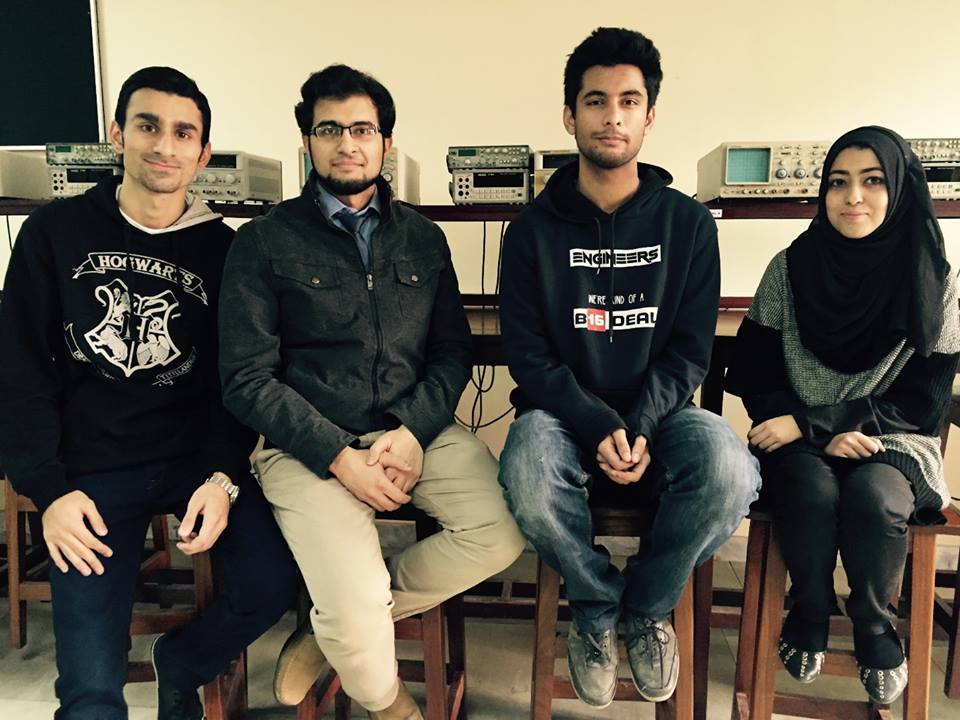
The two projects, EcoSens-Wireless Sensor and Actuator Network, won the top position at the Global DIY Project Design competition.
Pakistani student wins second prize at NASA contest
The second slot was secured by another team from FAST called Ball Bot. The teams are part of a research group called Consensys at FAST.
The DIY project competition is an international contest involving technical ideas presented by students and engineers from around the world.
The competition invites projects related to robotics, wearable technology, software, hardware and alternative energy devices.
The winning team was led by Usman Maqsood and included Amir Salman and Reeba Raza. They made a networked wireless monitoring and control system using sensor networks that records temperature, humidity and light.
Talking to The Express Tribune, the team’s adviser Assistant Professor Omer Saleem Bhatti said that the project had commercial applications. He said the device monitored the environment and also used machine-learning to store preferences of users. He said it had a built-in learning algorithm that could adapt itself to the needs of the users.
Bhatti said, “The beauty of the device is that it has many applications and it can be fine-tuned to do more.”
KGS tops list of outstanding Cambridge learners
He said that the device, apart from environment regulation, could work as a fire alarm system and a burglar detection system.
Maqsood said the project consisted of nodes of small devices that acted as sensors and could be deployed in various rooms of a building.
He said the sensors transferred data to a central location.
He said the control mechanism could be accessed online, making it an accessible device for homes and offices.
He said a device with six nodes would cost around Rs20,000.
The team that secured the second prize was also advised by Bhatti.
The team members were Osama bin Tariq, Ozair Ali Khan and Aneeq Manzar. Their project was a robotic feedback control system. The robot balances itself on a basketball using dynamic stability and can move in any direction.
Bhatti said that the robot had many applications, especially for industry where robots were being used for manufacturing.
He said the project also had applications in research and he would want to personally work on the concept further.
KGS, Lyceum win big at Harvard Model United Nations 2016
Tariq said the ball acted as a single spherical wheel, allowing the robot to travel in any direction.
He said that it was different from traditional robots, which relied on a low centre of mass and large wheel-base to remain upright. He said this restricted their movement.
Published in The Express Tribune, February 25th, 2016.

















COMMENTS (1)
Comments are moderated and generally will be posted if they are on-topic and not abusive.
For more information, please see our Comments FAQ